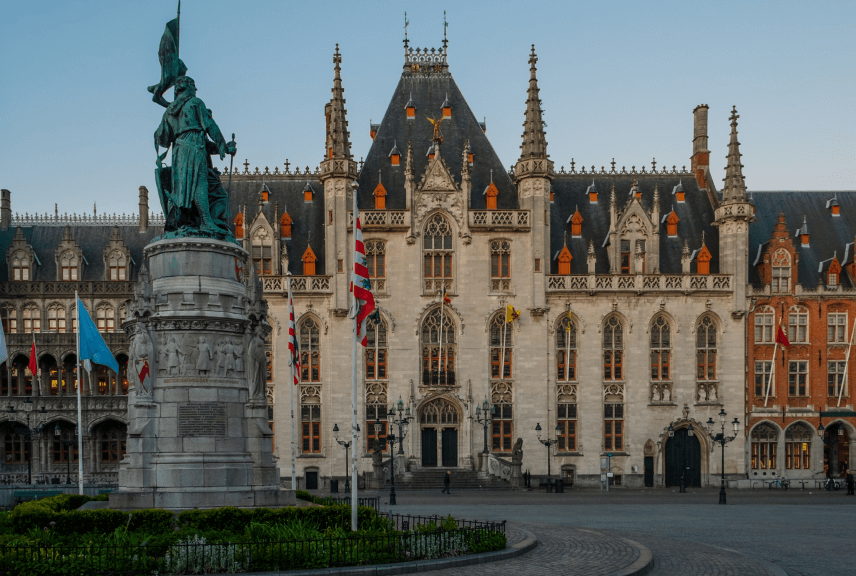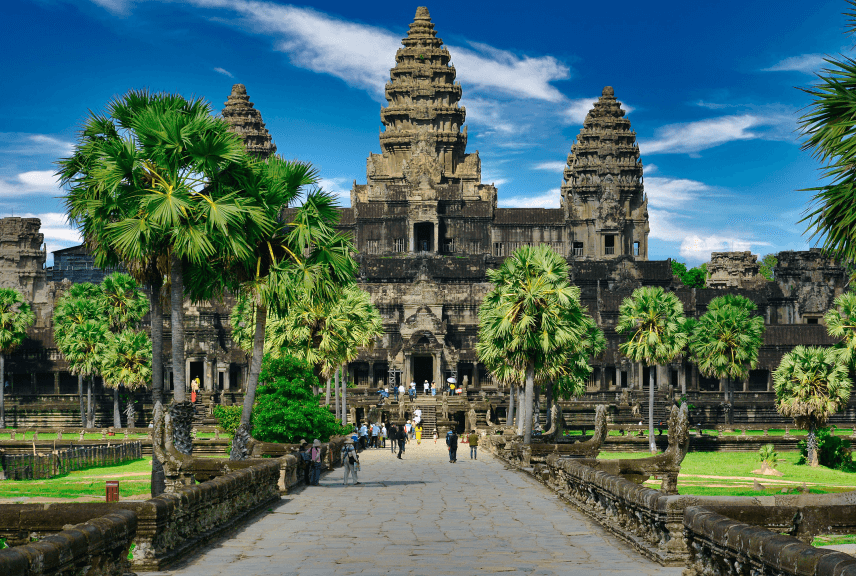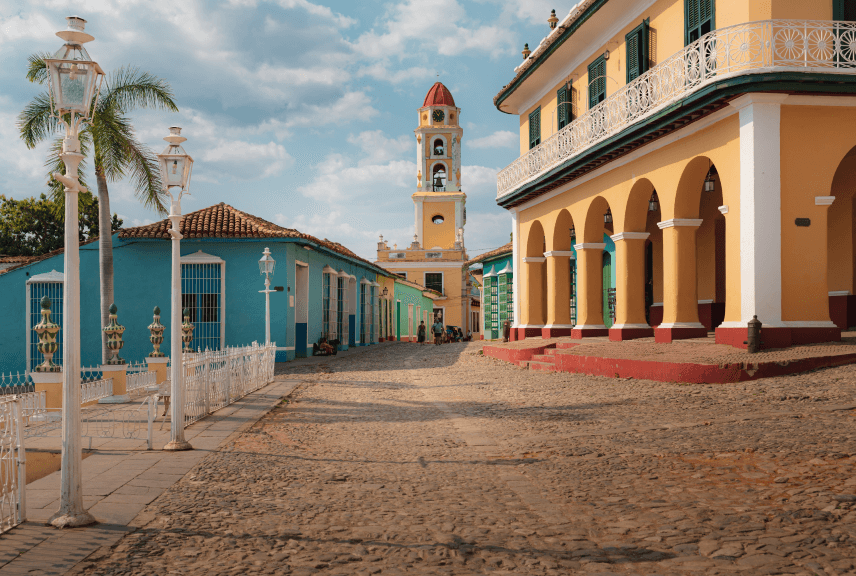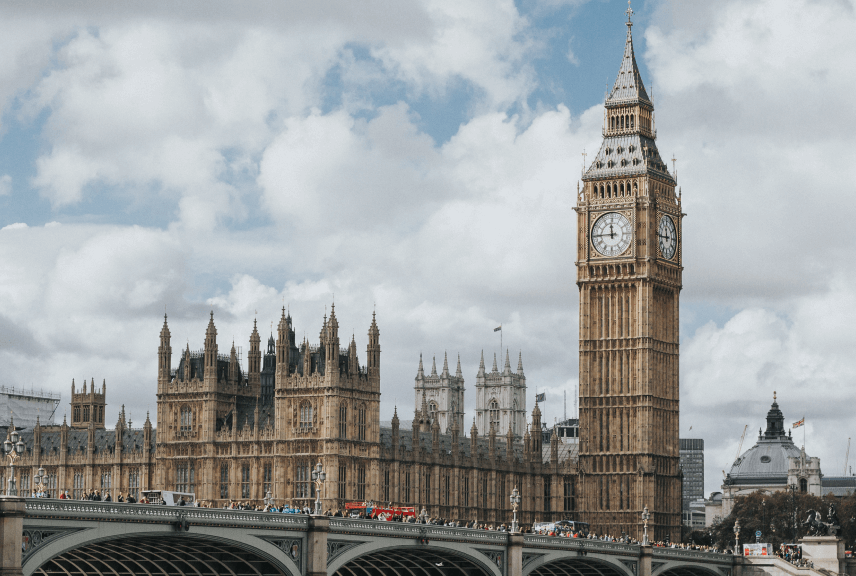Tuesday, July 30, 2024
Reading Time: 4 minutes
Singapore’s outbound tourism sector has seen significant growth, driven by the country’s strong economic standing and adventurous spirit. A key factor facilitating this surge is Singapore’s powerful passport, which grants visa free or visa-on-arrival access to 196 countries, making it one of the most mobile in the world. This unparalleled travel freedom enables Singaporeans to explore a diverse range of destinations, from cultural hotspots like Japan, Taiwan, and South Korea to luxury experiences on a budget.
Supported by a robust aviation infrastructure, including major hubs like Changi Airport, Singaporeans enjoy seamless connectivity to global destinations. Prominent airlines such as Singapore Airlines, Jetstar Asia, and Scoot further enhance this accessibility, making international travel more convenient and appealing. As travel restrictions continue to ease, Singaporeans are poised to take full advantage of their travel-friendly passport, exploring the world with ease and contributing to the vibrant global tourism industry.
In 2020, Singapore’s outbound tourism expenditure accounted for 2.1% of the country’s GDP, reflecting the nation’s strong interest in international travel. The peak of outbound tourism occurred in 2019, with 10.7 million departures, marking a 3.2% increase from the previous year, while outbound expenditure rose by 2%, totaling US$27 billion. The demand for overseas travel among Singapore residents surged further in 2023 as the travel and tourism sector recovered from the pandemic, with 52% of Singaporeans planning to travel internationally, up from 39% in 2022. This renewed enthusiasm for travel was evident, as 87% of Singaporean travelers intended to take the same number or more trips abroad in 2024 compared to 2023, with nearly half budgeting to spend more on travel. Japan, in particular, emerged as a top destination following the easing of COVID-19 restrictions, with cities like Osaka, Fukuoka, Sapporo, and Nagoya becoming popular among Singaporeans.
TTW Editor in Chief Mr. Anup Kumar Keshan says: “As an observer of global travel trends, it’s fascinating to see how Singaporeans have rekindled their passion for international travel. The diverse preferences, from nostalgic analog adventures to luxurious yet budget-friendly experiences, reflect a unique blend of tradition and modernity. The eagerness to explore new destinations and the strategic support from Singapore’s robust aviation infrastructure highlight the dynamic nature of this market. This resurgence in travel not only underscores the resilience of the travel and tourism industry but also sets an exciting precedent for the future of global travel.”
Traveler Types and Preferences
Three key types of travelers are shaping the Singapore outbound market in 2024. The first group, Analogue Adventurers, predominantly consists of Gen Z travelers who seek to disconnect from digital devices and engage with nature, using handheld cameras and Polaroids. The second group, Celebration Vacationers, is focused on creating memorable experiences in remarkable destinations with friends and family, with popular group trip destinations including Indonesia, Thailand, and Malaysia. The third group, Luxe-for-Less Seekers, are travelers who seek luxury experiences while adhering to a budget.
Popular Destinations
In terms of destination preferences, a survey revealed that 49% of Singaporeans considered visiting Japan, with Taiwan and South Korea also being favored post-pandemic choices.
Citizens of Singapore can Travel to:
- Here’s the shuffled list of countries:
- Norway
- Montenegro
- Cambodia
- Czechia
- US Virgin Islands
- Burundi
- Israel
- Northern Mariana Islands
- Vatican City
- Peru
- Botswana
- Antigua and Barbuda
- Mexico
- Poland
- Bosnia and Herzegovina
- Comoro Islands
- Denmark
- Malawi
- Angola
- Belgium
- Bangladesh
- Andorra
- Cyprus
- Uganda
- Seychelles
- St. Kitts and Nevis
- Tuvalu
- Madagascar
- Thailand
- Haiti
- American Samoa
- Djibouti
- Saudi Arabia
- Sierra Leone
- Belarus
- Faroe Islands
- Puerto Rico
- Philippines
- Lesotho
- Trinidad and Tobago
- Micronesia
- French West Indies
- Colombia
- Hong Kong (SAR China)
- Luxembourg
- Cote d’Ivoire
- Brazil
- Sweden
- Taiwan (Chinese Taipei)
- Cape Verde Islands
- Vanuatu
- Mauritania
- Nepal
- Niue
- South Africa
- Macao (SAR China)
- St. Vincent and the Grenadines
- Guam
- Honduras
- Mayotte
- Australia
- Lithuania
- Bahrain
- Portugal
- Nicaragua
- Tunisia
- Laos
- Oman
- Cook Islands
- Palau Islands
- Namibia
- St. Lucia
- Kosovo
- Kiribati
- Mongolia
- Kyrgyzstan
- Montserrat
- Bulgaria
- Liechtenstein
- Brunei
- Lebanon
- St. Helena
- Turks and Caicos Islands
- Benin
- Reunion
- Panama
- North Macedonia
- Palestinian Territory
- Fiji
- French Polynesia
- Ireland
- Armenia
- Barbados
- Zambia
- Germany
- Suriname
- Chile
- United Kingdom
- Kazakhstan
- Samoa
- Guatemala
- Bonaire; St. Eustatius and Saba
- Mozambique
- Japan
- Slovenia
- Tajikistan
- Maldives
- Grenada
- Ghana
- Ecuador
- Iceland
- Azerbaijan
- British Virgin Islands
- Kenya
- South Korea
- Malaysia
- Curacao
- French Guiana
- Guinea-Bissau
- Albania
- Switzerland
- Aruba
- France
- Zimbabwe
- Italy
- Malta
- Finland
- Egypt
- Croatia
- Netherlands
- Cuba
- El Salvador
- Tanzania
- Uruguay
- New Caledonia
- Timor-Leste
- Costa Rica
- Monaco
- Tonga
- Ethiopia
- Anguilla
- Burkina Faso
- Cayman Islands
- Spain
- Uzbekistan
- St. Maarten
- Türkiye
- Dominica
- Qatar
- Paraguay
- Marshall Islands
- Vietnam
- Sri Lanka
- Dominican Republic
- Bahamas
- Kuwait
- San Marino
- Indonesia
- Mauritius
- Rwanda
- Guinea
- Georgia
- Guyana
- Belize
- United Arab Emirates
- Hungary
- Austria
- Somalia
- Romania
- Greece
- China
- United States
- Iran
- Moldova
- Myanmar
- Latvia
- Estonia
- Serbia
- Morocco
- Jamaica
- Argentina
- Bermuda
- eSwatini
- Jordan
- Canada
- Gibraltar
- Solomon Islands
- Greenland
- The Gambia
- Senegal
- Bolivia
- Gabon
- Slovakia
- Pakistan
- New Zealand
Airports
Singapore’s aviation hubs are crucial in supporting the country’s robust outbound travel demand. Changi, a major planning area in the Tanah Merah region, is a significant aviation hub housing both Changi Airport and Changi Air Base. Changi Airport handled 58.9 million passengers in 2023, recovering to 86% of pre-pandemic traffic levels. Another key area is Seletar, located in the northeast of Singapore, which shares boundaries with several planning areas and is named after the indigenous Orang Seletar people.
Airlines
The airline industry in Singapore plays a pivotal role in facilitating this high travel demand. Jetstar Asia, a Singaporean low-cost airline headquartered at Changi Airport, serves various regional destinations across Southeast and East Asia. Scoot, another low-cost carrier and a subsidiary of Singapore Airlines, operates medium and long-haul flights throughout the Asia-Pacific region. Singapore Airlines, the national carrier and a member of Star Alliance, is renowned for its exceptional service and extensive fleet, which includes Airbus and Boeing aircraft. The airline has consistently been ranked as one of the world’s best, earning a 5-star rating from Skytrax on multiple occasions.
The trends from recent years clearly indicate a strong resurgence in Singapore’s outbound tourism sector. As international travel demand rebounds, Singaporeans are increasingly eager to explore new destinations, with a particular affinity for Japan, Taiwan, and South Korea. The diverse preferences of Singapore travelers, ranging from the technology-averse Analogue Adventurers to the budget-conscious Luxe-for-Less Seekers, highlight a dynamic and evolving market. Singapore’s aviation infrastructure, anchored by hubs like Changi and Seletar, and its robust airline industry, featuring carriers like Singapore Airlines, Jetstar Asia, and Scoot, play crucial roles in supporting this renewed travel enthusiasm. As Singaporeans continue to prioritize international travel, the sector is poised for sustained growth, promising exciting opportunities for both travelers and the travel industry at large.



















